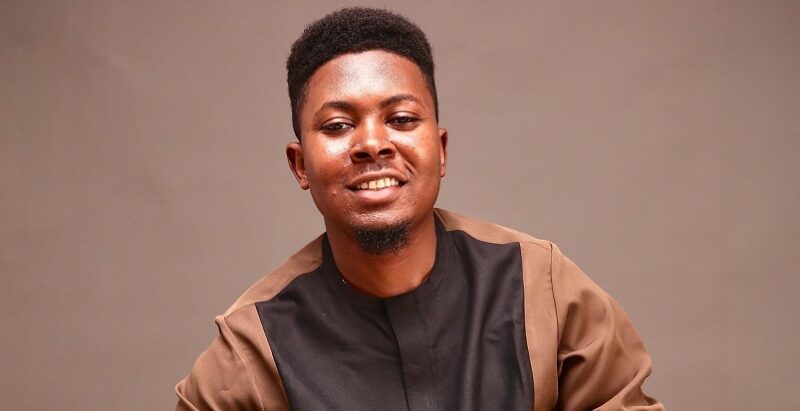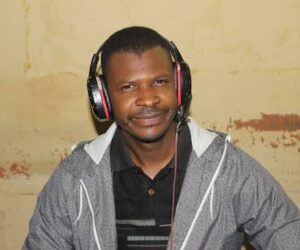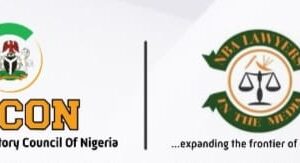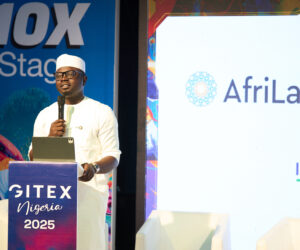Artificial Intelligence (AI) has quickly become a constant companion in our daily lives. For many people, it has quietly replaced friends, colleagues, and even personal tutors. It is now the go-to school assistant helping students with assignments and research papers. It is the colleague at work who never sleeps, always ready with an idea, a strategy, or a quick draft. Some even joke that it is their new boyfriend or girlfriend because of how much time they spend talking to it. Tools like ChatGPT have given people the power to brainstorm ideas in seconds, complete research in minutes, and automate tasks that used to take hours.
But there is a silent danger in this love affair with AI. The more dependent we become, the more vulnerable we make ourselves. The excitement of what AI can do often blinds us to the risks of what happens when we let it do too much.

I believe the real issue is not whether AI is good or bad but whether we are using it wisely. Just like every powerful tool in history, it can either build us or break us. The printing press gave humanity access to knowledge, but it also spread misinformation. The internet connected the world, but also opened doors for cybercrime. AI is no different. It is a double-edged sword, and how we use it will determine the kind of impact it has on our lives.
My name is Busayo Osun, a successful Product Manager and Agile Business Analyst who has led cross-functional teams in insurance, fintech, and SaaS to build user-centric products. Over the years, I have trained and mentored more than 200 professionals in business analysis, product management, and digital skills. My current mission is empowering the next generation of Africans to use technology responsibly, not just to build careers but to revolutionise the African economy.
From my perspective, here is the reality. AI is indeed a gift. It helps students complete assignments faster, businesses run more efficiently, and professionals achieve more in less time. It has reduced barriers, given ordinary people access to extraordinary capabilities, and created opportunities that were unthinkable just five years ago. Yet, the risks lie in overdependence and oversharing.
When people feed personal information, sensitive data, or confidential business details into these tools without caution, they expose themselves to privacy breaches and future misuse of their data. When people outsource all thinking and creativity to AI, they risk weakening their own critical thinking and problem-solving skills, two qualities that no technology can replace.
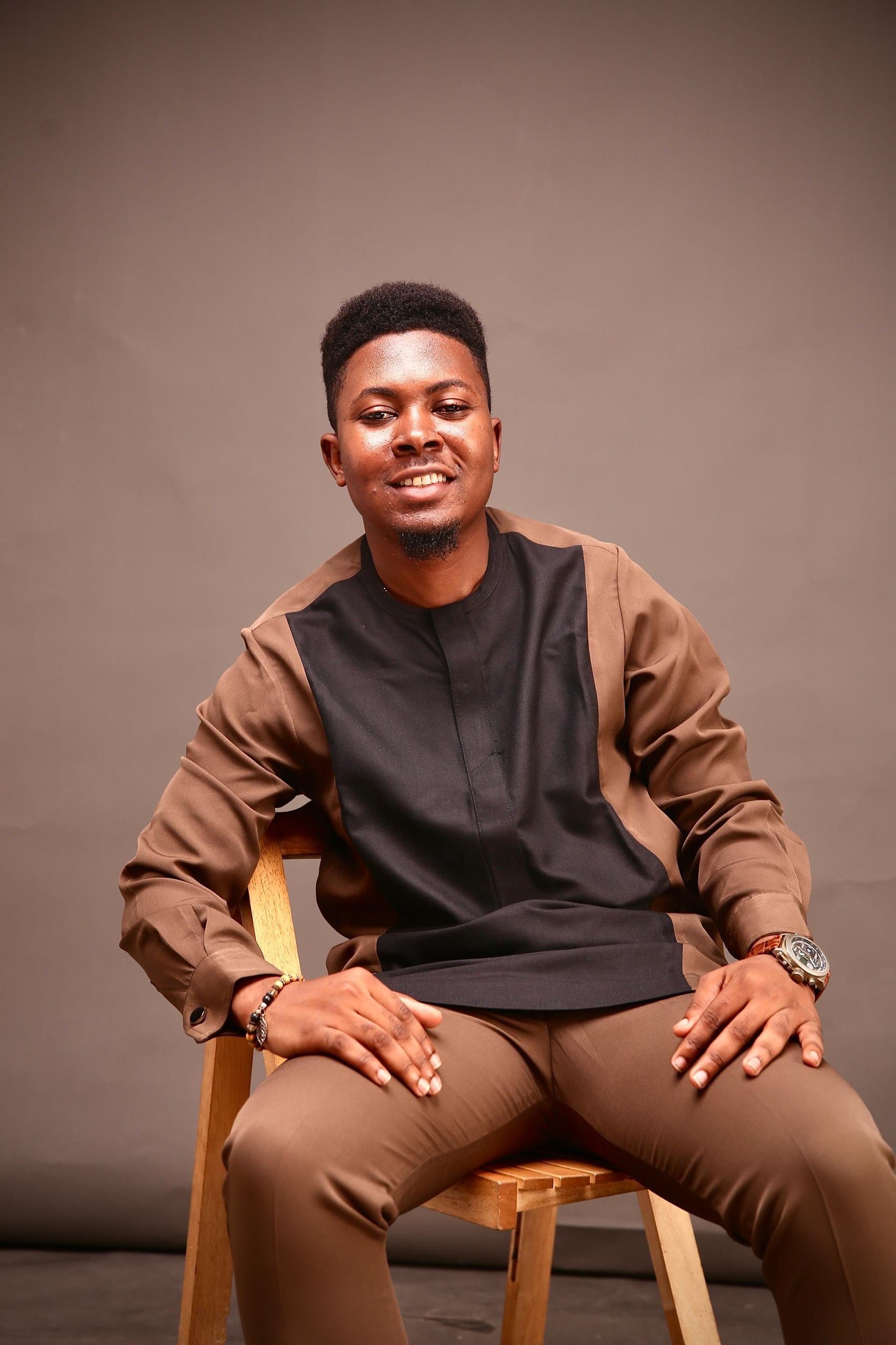

The way forward is not to avoid AI but to approach it with balance. Use it to support your work, not to replace your brain. Share only the information that you are comfortable making public. Question its answers, verify its facts, and double-check its recommendations. AI can suggest, but you must decide. It can guide, but you must lead.
AI is here to stay. It is powerful, brilliant, and even inspiring. But it is still a tool, not a human being, and it should never replace real relationships, independent thought, or the responsibility we have to protect our own data.
If we can hold on to this balance, then AI will not become a threat but a trusted partner in building the future. The challenge before us is simple yet profound. Will we allow AI to make us passive users who give away our data and creativity, or will we rise as responsible innovators who use AI to amplify human potential? The answer will shape the next decade, and perhaps even the next century.
See also: How generative Artificial Intelligence (AI) is leaking companies’ secrets

